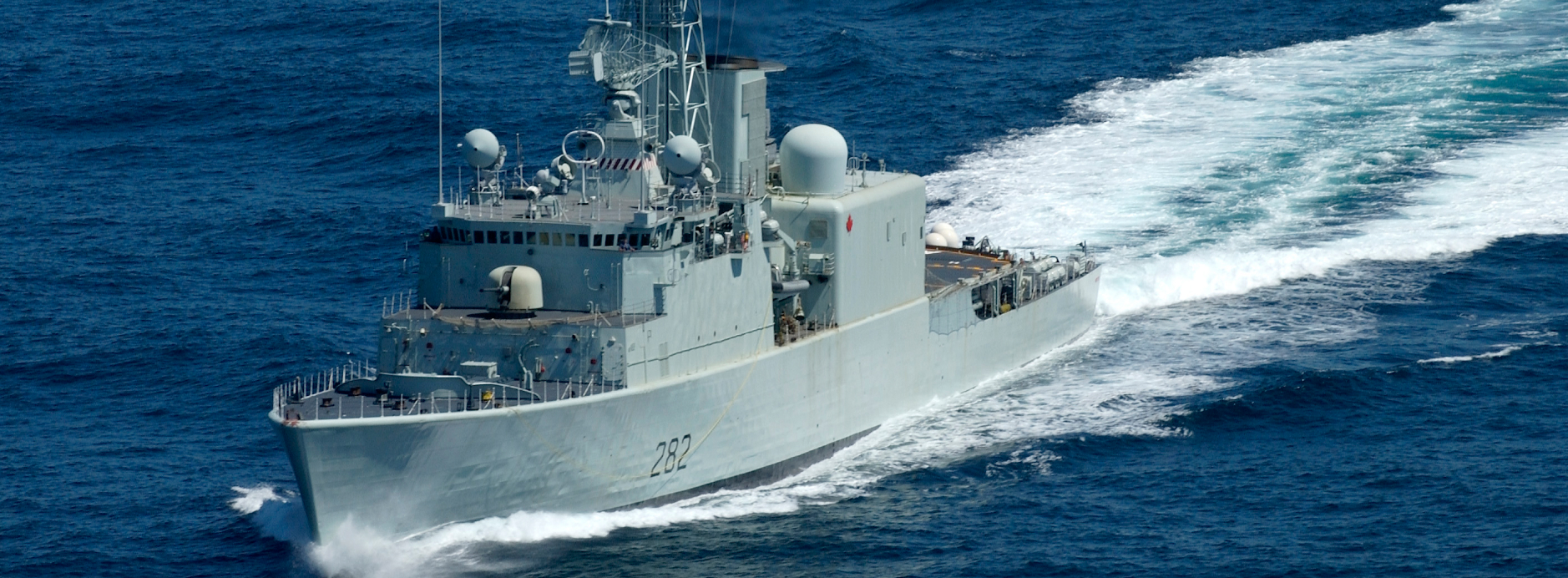Security and Public Protection
Canada and Mexico collaborate through security and safety institutions to share information and best practices on key issues such as police surveillance and crime prevention, border security, and migration. The Royal Canadian Mounted Police receives Mexican police officers at the Canadian Police College to reinforce their capacities on a regular basis.
In addition to operational exchange, our governments meet formally each year to update and exchange information of mutual interest such as combating drugs and crime, cybersecurity and cybercrime, emergency management, border and prison security, and rehabilitation.
Due to the scale of security issues and their transnational nature, Canada and Mexico also work trilaterally with the United States and through multilateral forums such as the UN and the OAS.
Canada is committed to supporting Mexico around transnational organized crime, which is a threat to our region. The Anti-Crime Capacity Building Program is designed to reinforce capacities to prevent and respond to threats from transnational organized crime, and includes programs in port and maritime security, crime prevention in tourist areas, aviation and border security, traffic of migrants, human trafficking, cybersecurity and cybercrime, and criminal justice reform. More than 20% of the program’s budget currently goes to Mexico to prevent and respond to these threats. The Royal Canadian Mounted Police are actively involved in the program alongside experts who provide training on topics such as online child exploitation.
Likewise, the RCMP trains Mexican police officers in collaboration with the United States. An example of this is a recent workshop on fentanyl and training for its detection through canine training.




